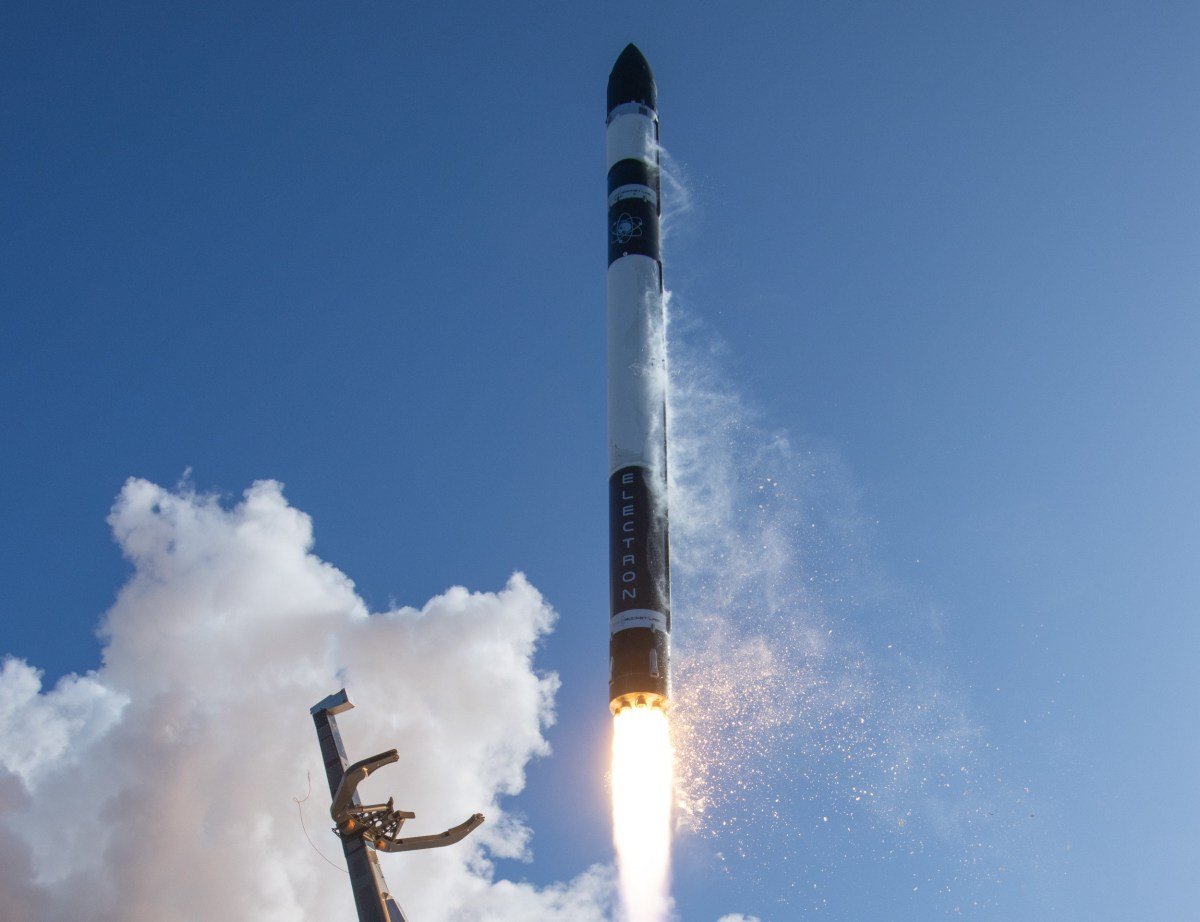Rocket Lab and True Anomaly have been selected by the Space Force for a challenging mission – to deliver and operate space hardware for the military in record time. This mission is part of the Space Force’s efforts to acquire “tactically responsive” capabilities from commercial companies.
“Victus Haze is an incredibly ambitious project and one that we are incredibly excited to be involved with. By leveraging TeV technology and our integration practices, we can rapidly and efficiently deploy a spacecraft that truly meets the needs of the mission. We’re proud to be working with the Space Force to deliver this crucial capability.” – Peter Beck, Rocket Lab founder and CEO.
The two companies, Rocket Lab and True Anomaly, will each design and construct a satellite capable of rendezvousing with other spacecraft in orbit at close proximity. They will also be responsible for creating command and control centers for the mission. Rocket Lab’s $32 million contract also includes the launch of the satellite using their Electron rocket. True Anomaly, on the other hand, has partnered with a trusted commercial launch provider for its own $30 million contract.
What’s even more noteworthy is that True Anomaly plans to use $30 million of their own private capital for this mission, bringing their total investment to $60 million for the development of their satellite, the Jackal.
The target for delivering these spacecraft under the Victus Haze contract is fall 2025. However, once the satellites are built, the two companies will enter a series of successive phases. This includes a “hot standby” phase where they must be ready to respond immediately to the Department of Defense’s notice to manifest the satellite and launch. Once in orbit, both Rocket Lab and True Anomaly must quickly commission and prepare their spacecraft – working closely together.
“Utilizing TeV technology from Rocket Lab and our unique vehicle approach for our Jackal spacecraft, we are collaborating to create a powerful tactical combination. We are thankful to serve the United States national security and demonstrate groundbreaking technologies that can provide a critical advantage.” – Garrett Pierce, CEO of True Anomaly.
If all goes according to plan, Rocket Lab’s Pioneer satellite will carry out rendezvous and proximity operations with True Anomaly’s Jackal spacecraft. This mission closely mirrors the contracts awarded in 2022 to Firefly and Millennium Space, with Millennium providing the satellite for launch by Firefly under the Victus Nox mission.
Under that mission, the two companies had to integrate the payload and prepare the rocket in under 58 hours, with Firefly having just 24 hours to launch. While specific timelines for Victus Haze were not disclosed, Rocket Lab stated that the mission “will improve processes and timelines.”
The Victus Haze mission also includes several ambitious requirements, such as on-orbit spacecraft maneuvering. This is intended to simulate a real-life scenario of rendezvous with an adversarial satellite.
“We recognize the immense potential to utilize innovations from the commercial space industry to counter China, our nation’s pacing threat.” stated Col. Bryon McClain, program executive officer for the Space Systems Command. “The United States has the most cutting-edge space industry in the world. Victus Haze will demonstrate, under realistic operational conditions, our ability to respond to irresponsible behavior in orbit.”








